THE enchanting romances of Bollywood director Yash Chopra first connected Iram Parveen Bilal to filmmaking and the power of storytelling.
This has led the Pakistani American towards making meaningful movies in the hope of finding answers or perspectives that make sense of the world and people living in it.
Her latest directorial offering, Wakhri, has its UK premiere at the London Indian Film Festival and revolves around a young widow, who becomes a viral sensation after accidentally unleashing her unfiltered opinions on social media.
Eastern Eye caught up with the ace filmmaker to discuss her creative journey and new movie about a single mother fighting against the odds.How do you reflect on your journey as a director?
It’s been a sweet struggle. I’ve been fortunate enough to have had the support and insanity to continue pursuing it. I’ve been blessed to have found creative partners who have believed in me. I’m grateful for the journey and impact it’s had. To have audiences react the way they do – crying, laughing, paying tributes to the team, characters, and films. To witness them go in for repeat viewings, to see the work referenced in books, pop culture and on social media, to receive awards - it all feels a bit surreal.
Tell us more about that.
To be frank, I’m so focused on making the work and creating more that I haven’t sat down to reflect as much as maybe I should. I’m interested in learning, growing, and sharing more stories. Reflection comes in bits and pieces.
How much did the critical acclaim of I’ll Meet You There mean to you?
I’ll Meet You There will always be a very personal film for me and one of my favourites. It was a meaningful reflection on ideology, religion, nationalism, and boundaries of generational trauma. I also really cherished the team I worked with when making the film. Working with the legendary (actor) Qavi Khan was such an honour. Given that the film had setbacks of the pandemic and a ban in Pakistan, its critical acclaim is even sweeter for us. I’m about to embark on some tribute screenings in honour of the late Qavi Khan.What inspired your film, Wakhri?
The killing of Pakistan’s first influencer Qandeel Baloch inspired this project. Well-behaved women seldom make history, and she was that quote personified. She was brave, unapologetic, and courageous. You didn’t have to agree with her, but you couldn’t take your eyes and ears off her. She had the spark to shake the system. I only learned about her life two weeks before she was killed, and not being able to forget about her made me pay attention to what it was about her that was so personal to me.
Tell us about that.
I realised that when every woman of courage is taken down. It feels like a personal attack - a part of all fierce women is being taken down. That’s when I put pen to paper, and all the years of slights and microaggressions came pouring out into every word of Wakhri. This film is a tribute to all those brave Pakistani women, and the women across the world, who were silenced for speaking and fighting for truth – Qandeel Baloch, Sabeen Mahmud, Benazir Bhutto, and Perveen Rehman, among many others.
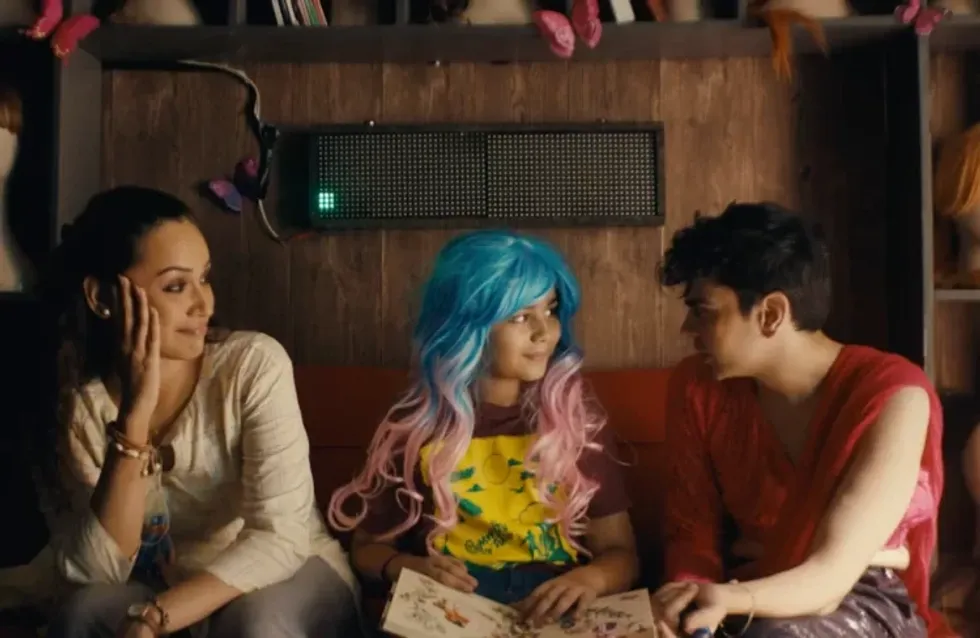
What can you reveal about the film?
It is heavily inspired by, and is a tribute to, unapologetic social media influencers like Qandeel Baloch.
The film explores the world of patriarchal social media trolling and the vibrant underground scene of ‘misfits’ in modern day Pakistan. Wakhri (the English title is One Of A Kind) is a ‘grounded masala’ film that combines thought-provoking subject matter with loud Punjabi club tracks and Urdu rap songs.
What about the story?
The film is about a Pakistani school teacher who accidentally unleashes the power of social media after challenging the patriarchy. As she tries to keep her online identity a secret, she’s gradually exposed to society’s dangerous underbelly, and is forced to manage the repercussions. The project features talented Pakistani actors Faryal Mehmood and Gulshan Majeed in their first cinematic leading roles, alongside some of Pakistan’s most well-respected actors and social media influencers.
Who are you hoping this film connects with?
Wakhri celebrates all of us who refuse to be confined by someone else’s labels and checkboxes. It’s a film that champions women’s rights to free speech, education, and marital justice, amongst others. It also shines a light on the realities of the transgender community in Pakistan, and the challenges of social media driven mass hate movements. We think it has already sparked conversations in Pakistani cinema and beyond - the visceral reactions are telling in how much the film is instilling, provoking, and encouraging emotion and energy towards these broader social causes.What’s your favourite moment in the movie?
The transformation scenes of both the lead characters stand out for me. When Noor transforms into Wakhri is a standout moment for me in terms of filmmaking craft, and all the different elements of acting, production and post-production all coming together. Guchh’s walk towards the end of the film, meanwhile, gives me goosebumps whenever I watch it. Both Faryal and Gulshan have knocked it out of the park. And given the conditions we made the film in, we needed to have actors who could nail it in one, two or maximum three takes, and they did.
How do you feel being part of the London Indian Film Festival?
It feels like a homecoming. All my features have played at the festival before going on to travel the world. The festival’s team are exceptional in their care and camaraderie with all the filmmakers. I hope to continue bringing my films here in future, for as long as they will have me!
Is there a key message you want to convey with your film?
That it’s okay to stand in your truth and be who you are. Bravery comes from within and can never be truly silenced. We give a tribute to Faiz Ahmed Faiz’s gorgeous poem Bol ke lab azaad hain teray in the film, which translates to ‘speak, for your tongue is free,’ and to the phrase that was highlighted in Sabeen Mahmud’s assassination, ‘They tried to bury us, they didn’t know we were seeds.’
How does this compare with your other work?
The pride I feel in Wakhri is how unique it is in my body of work, and yet how much of an extension of who I am. It’s everything – all the rage and fire I’ve felt growing up as a girl and then a woman in this world. I am Wakhri, through and through. Those who know me best feel it in every frame. It is a tyrant speech, love letter, and a challenge, all in one, to the women of the world and all those who feel marginalised. If you have already seen my work up until Wakhri, you will see a throughline in terms of rebellion, nuance, the shading of the ‘villains’, and empathy – but Wakhri is my wild side.
What can we expect next from you?
I really want to create something for seniors. I’m also really troubled by the realities of unhoused citizens and the state of mental health both on the streets and in our homes. That, and a desire to create a romantic story, as a tribute to Yash Chopra’s inspirational films, are always bubbling in my heart and mind.
What inspires you as a filmmaker?
I’m inspired by the contradictions of the world, the hope of redemption, and my curiosity about ever inconsistent human behaviour, which drives both a chance for reconciliation and abandonment.
www.londonindianfilmfestival.co.uk





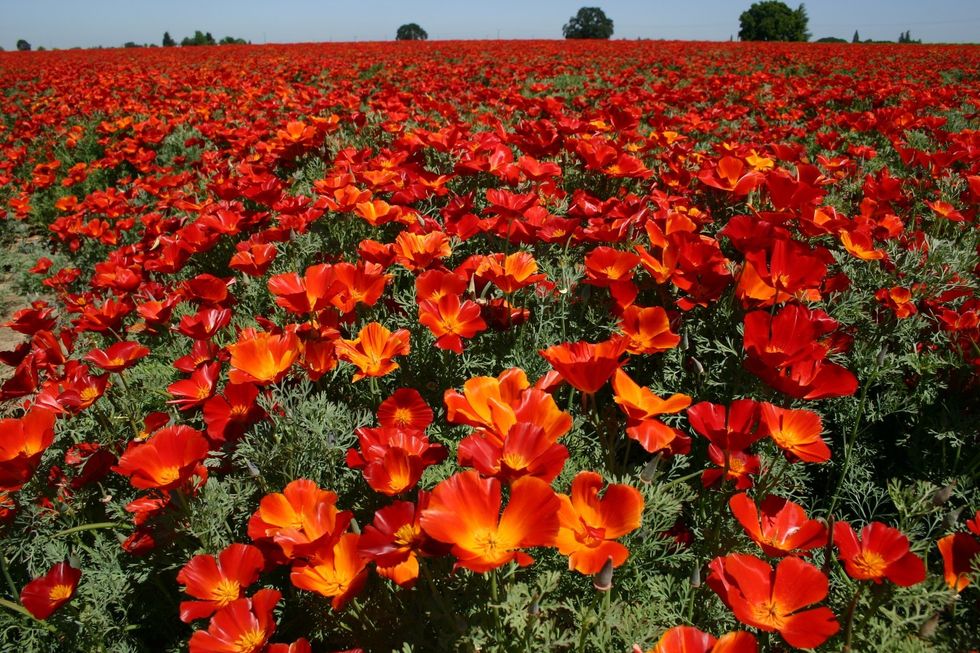 Eschscholzia californica Red Chief
Eschscholzia californica Red Chief Aralia elata
Aralia elata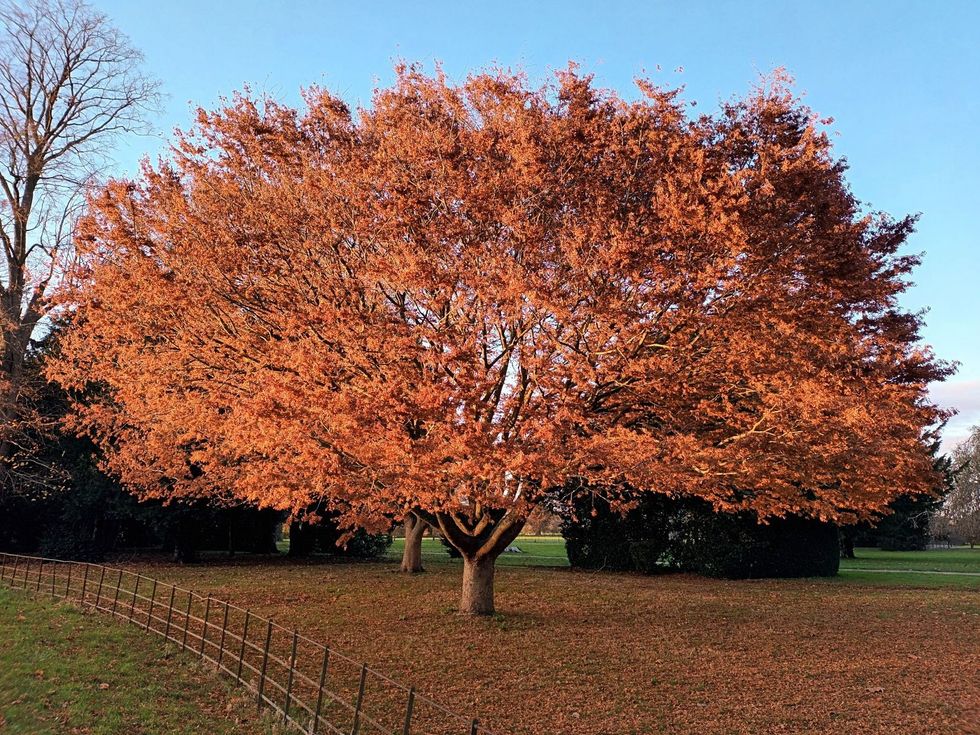 Zelkova serrata
Zelkova serrata ‘Tackle HIV Stigma Garden’
‘Tackle HIV Stigma Garden’











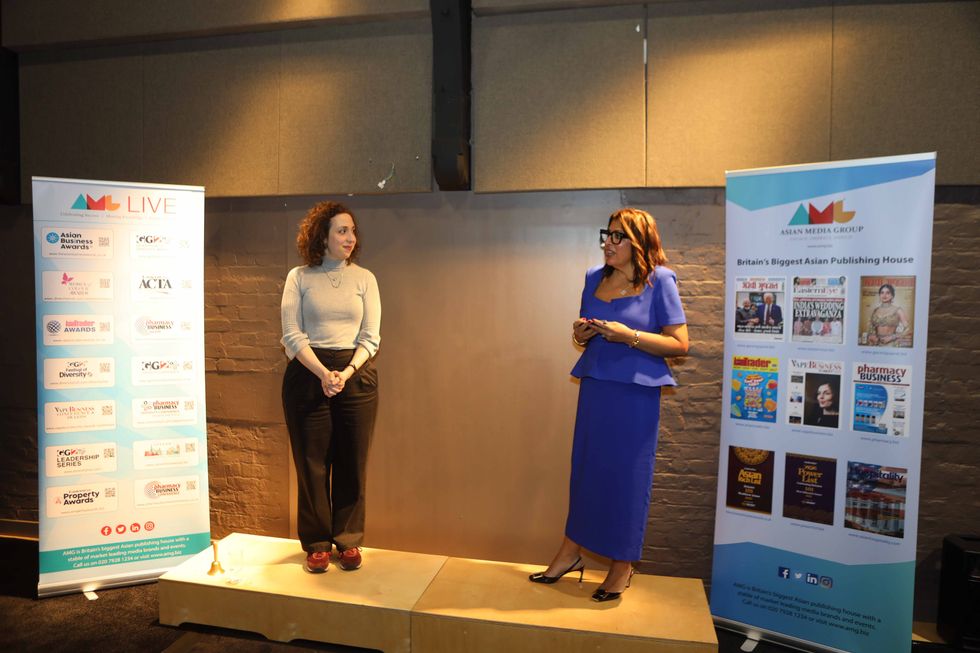 Pavita Cooper interviews Lilac Yosiphon at Old Vic Theatre
Pavita Cooper interviews Lilac Yosiphon at Old Vic Theatre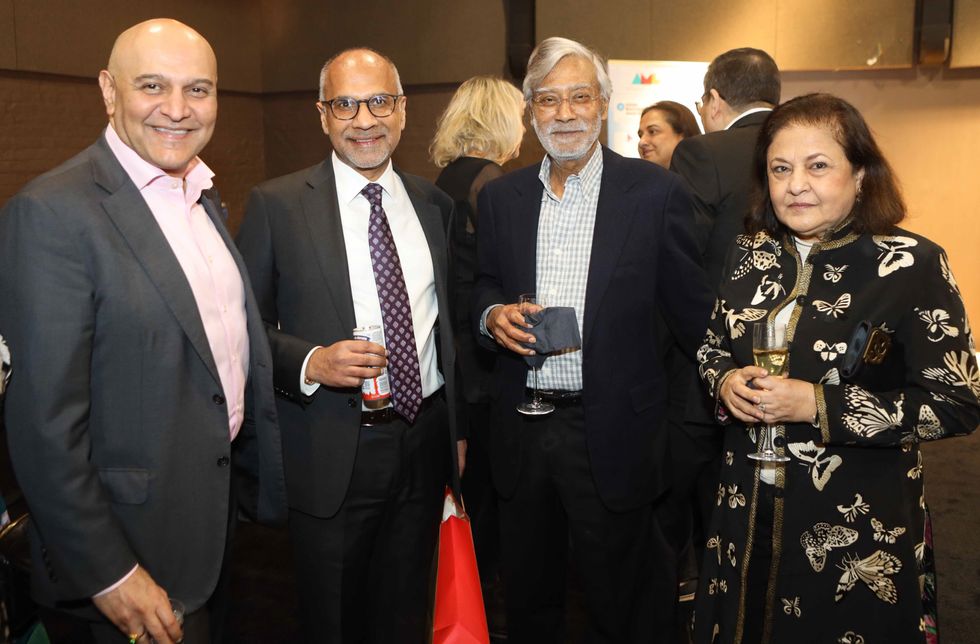 Dr Nik Kotecha, Shailesh Solanki, Rohit and Kalindi Chandaria
Dr Nik Kotecha, Shailesh Solanki, Rohit and Kalindi Chandaria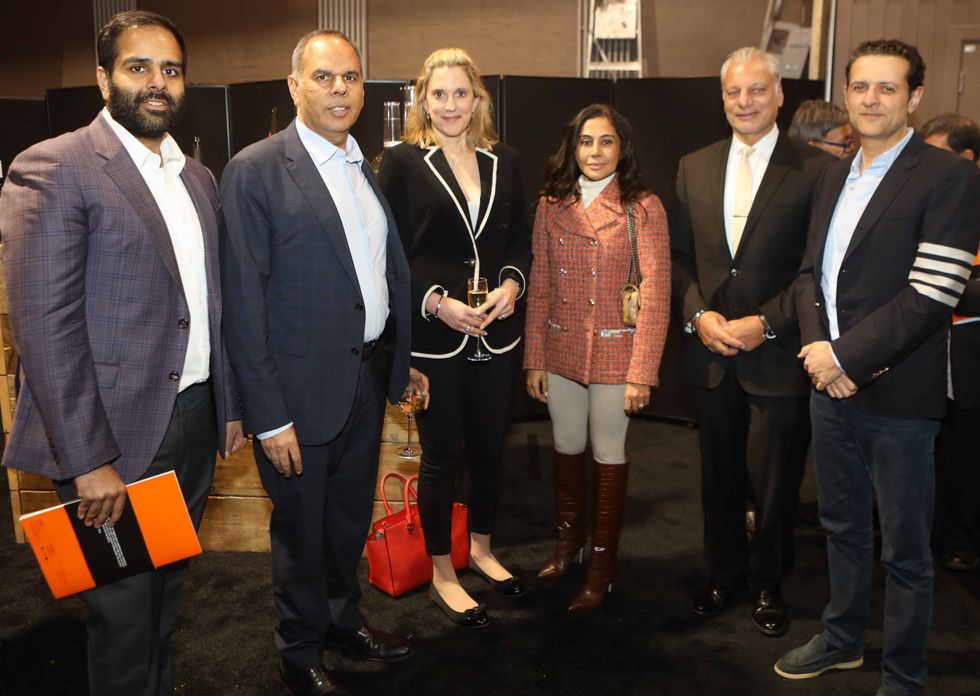 Aditya Solanki, Kalpesh Solanki, Elizabeth Hitchcock, Milan Khosla, Tony Matharu, and Rishi Khosla
Aditya Solanki, Kalpesh Solanki, Elizabeth Hitchcock, Milan Khosla, Tony Matharu, and Rishi Khosla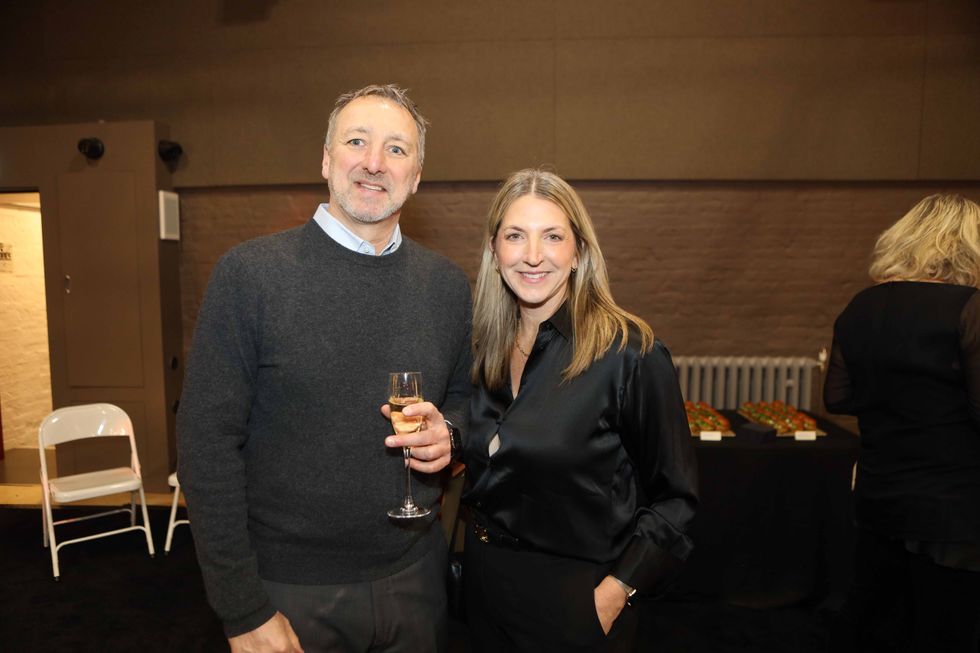 Scott and Diane Digangi Trench
Scott and Diane Digangi Trench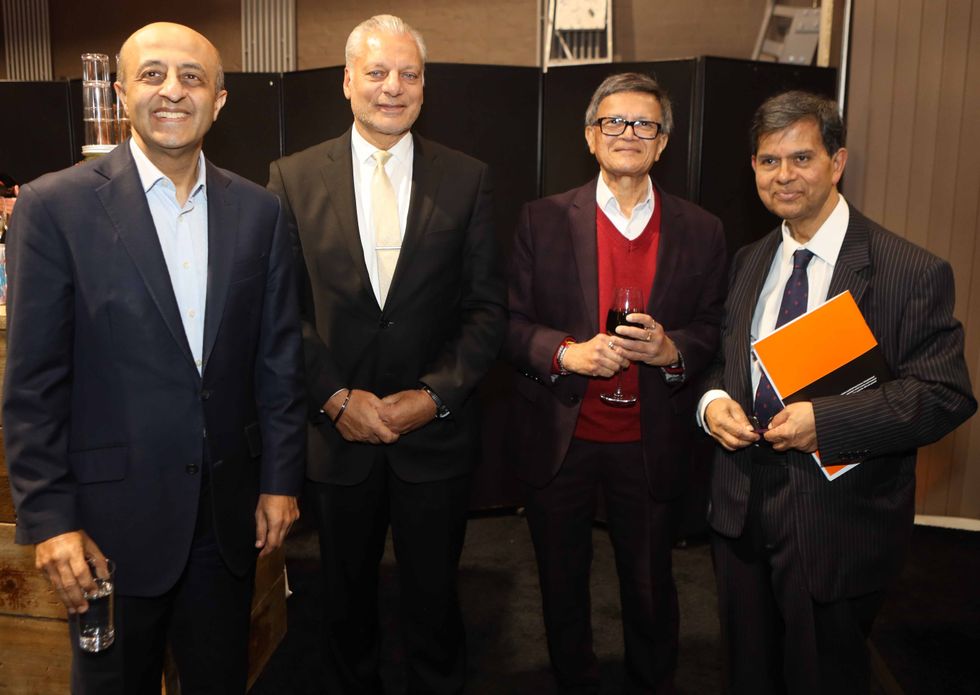 Lord Jitesh Gadhia, Tony Matharu, Bharat Shah and Amit Roy
Lord Jitesh Gadhia, Tony Matharu, Bharat Shah and Amit Roy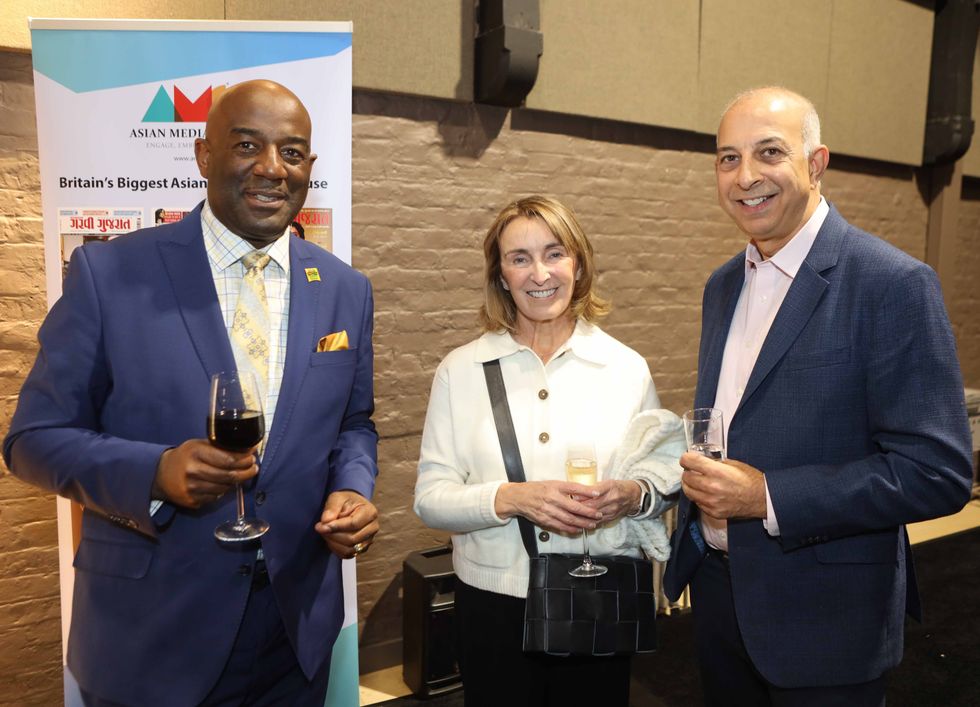 Paul Harrison, Lady Gill Kalifa and Sir Ron Kalifa
Paul Harrison, Lady Gill Kalifa and Sir Ron Kalifa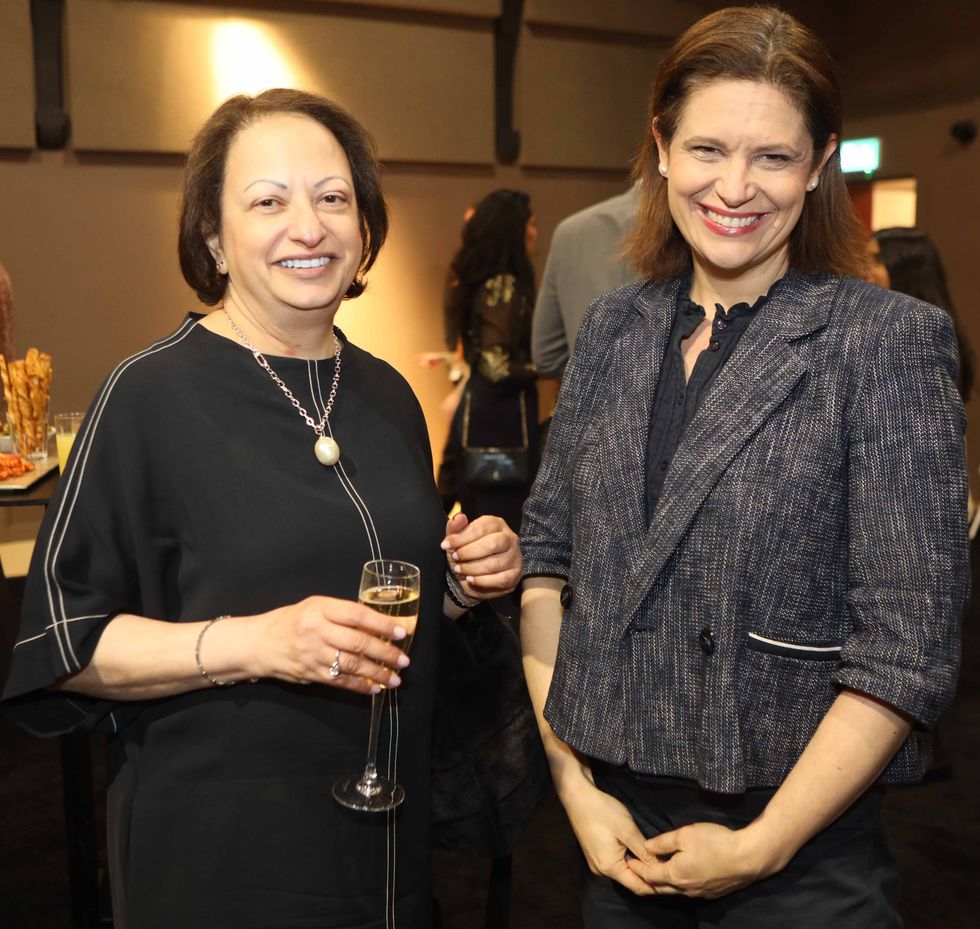 Zarin Patel with Laura Stevenson
Zarin Patel with Laura Stevenson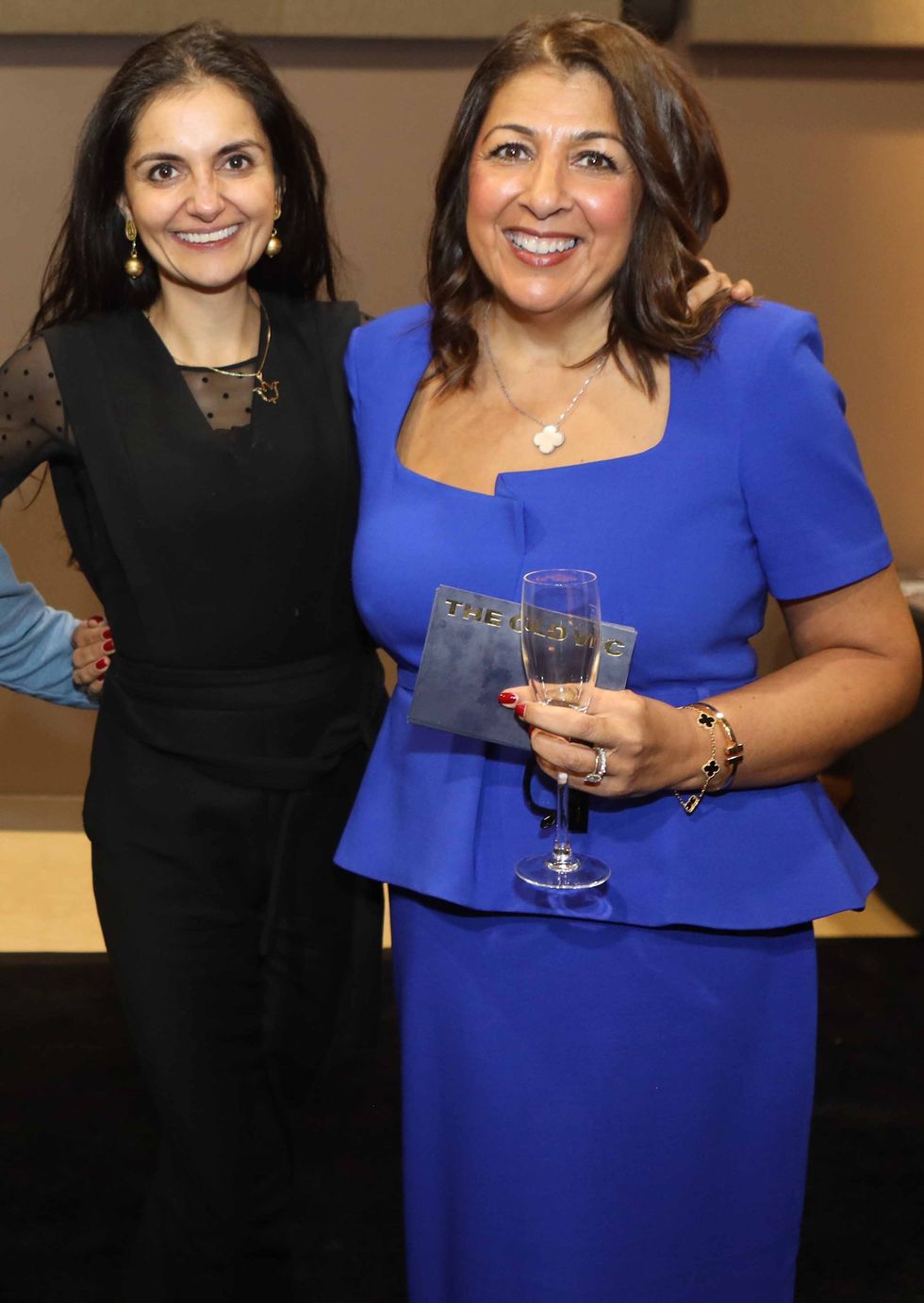 Rupal Kantaria with Pavita Cooper
Rupal Kantaria with Pavita Cooper
 Whitby has always been a town of stories
iStock
Whitby has always been a town of stories
iStock

 Jacinda Ardern at her desk on her final day as New Zealand’s Prime Minister, January 25, 2023.Getty Images
Jacinda Ardern at her desk on her final day as New Zealand’s Prime Minister, January 25, 2023.Getty Images  Women still navigate ever-changing beauty standards, just as The Beauty Myth predictedGetty Images
Women still navigate ever-changing beauty standards, just as The Beauty Myth predictedGetty Images  Women in power face scrutiny over their looks—men, not so muchGetty Images
Women in power face scrutiny over their looks—men, not so muchGetty Images  Women juggle careers and housework, yet unpaid labour remains overwhelmingly theirsiStock
Women juggle careers and housework, yet unpaid labour remains overwhelmingly theirsiStock The rise of tradwife culture: Romanticizing the past or reinforcing outdated gender roles?iStock
The rise of tradwife culture: Romanticizing the past or reinforcing outdated gender roles?iStock Embracing imperfection is its own kind of strengthiStock
Embracing imperfection is its own kind of strengthiStock
 A sneak peek into the Miraj app – where Quranic stories, animations, and audiobooks bring faith to life for kids
A sneak peek into the Miraj app – where Quranic stories, animations, and audiobooks bring faith to life for kids Step inside Ayatique’s world of AI-powered Quranic learning—interactive stories and gamified lessons that make spirituality exciting
Step inside Ayatique’s world of AI-powered Quranic learning—interactive stories and gamified lessons that make spirituality exciting Explore Noor Kids Digital Ramadan Camp! A vibrant online platform filled with faith-based storytelling, challenges, and nasheeds
Explore Noor Kids Digital Ramadan Camp! A vibrant online platform filled with faith-based storytelling, challenges, and nasheeds Unbox the All-in-One Quran Activity Kit—an engaging set of hands-on learning tools designed to spark curiosity and faith in kids
Unbox the All-in-One Quran Activity Kit—an engaging set of hands-on learning tools designed to spark curiosity and faith in kids Discover the Fun Dough Ramadan Countdown Calendar! A creative way to celebrate each day of Ramadan with exciting hands-on activities
Discover the Fun Dough Ramadan Countdown Calendar! A creative way to celebrate each day of Ramadan with exciting hands-on activities